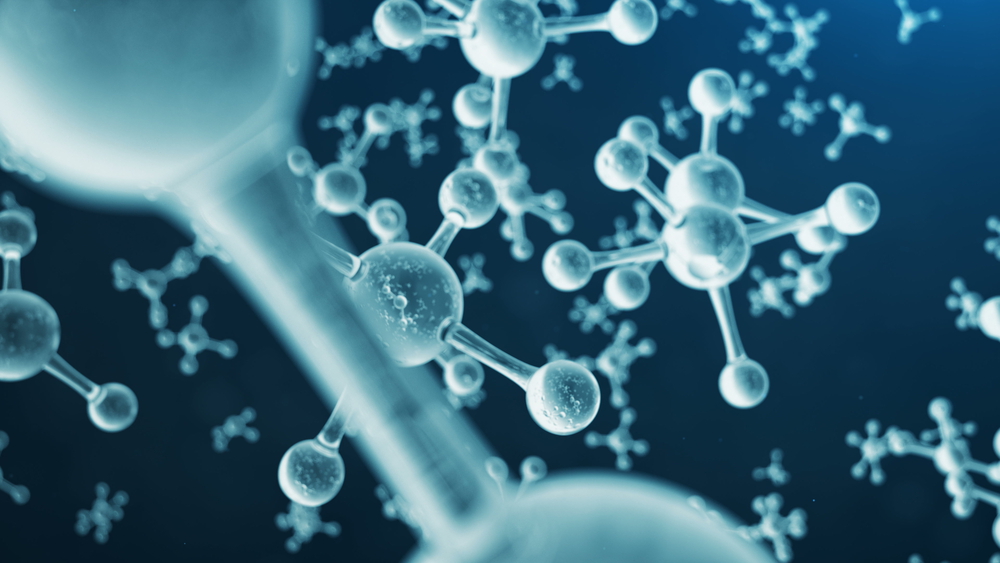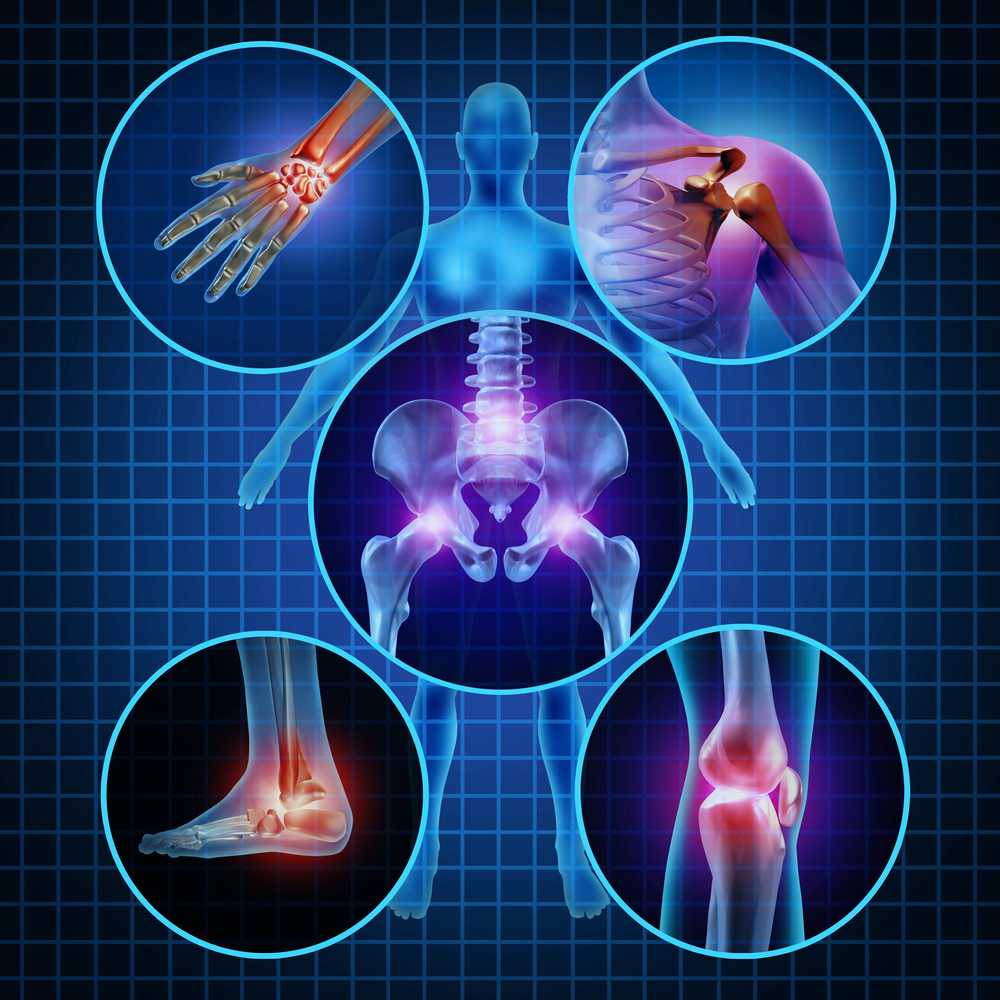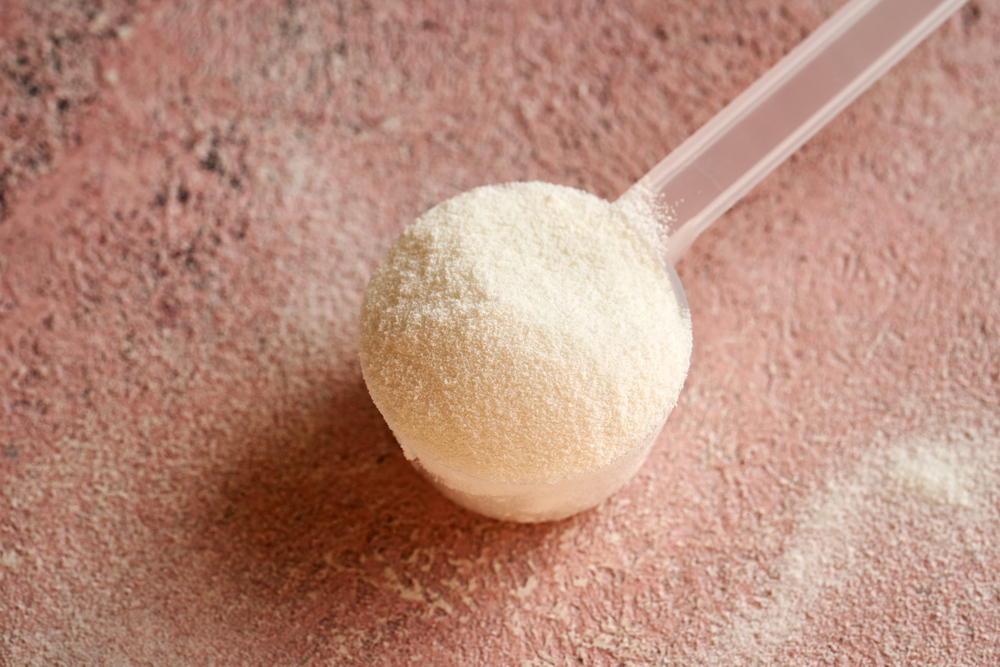
What does collagen do for the joints?
As you get older, you may experience painful joints. This pain is the result of the decrease in collagen. Collagen plays an important role in maintaining the health and function of cartilage in the joints. A decrease in collagen can result in cartilage wear, which can then cause annoying pain and can even hinder you from performing daily activities. In this blog we will tell you more about the benefits of collagen for joints and how it can contribute to reducing joint pain.
What is collagen?

Collagen is an important building block in our body, which 'glues' our bodies together. Collagen is derived from the Greek word kólla, which means glue. It is a natural protein, which means that it is produced by the body itself. Collagen is part of the connective tissue and ensures the structure and elasticity of your nails, hair, bones, muscles and joints.
Benefits of collagen for your joints

It's good to know that collagen supports joints and has many health benefits. This is mainly due to the important role it plays in the maintenance and structure of cartilage in your body. Cartilage is a flexible tissue between the bones in joints. It functions as a kind of shock absorber, reducing the pressure on the joints during daily activities. This is very important to prevent excessive wear. Cartilage also ensures that the movements you make run smoothly and that you experience stiffness less quickly.
Reduced collagen production
As you age, your body's ability to produce its own collagen decreases. This is often around your mid-twenties and can have various consequences for your body.
Collagen functions as essential support for your joints, keeping them moving smoothly without wearing out too quickly. A reduced amount of collagen can result in cartilage wear, which in turn can contribute to the occurrence of pain in the joints. In addition, the decrease in collagen can cause wrinkles or dry skin and the condition of your hair and nails to deteriorate.
What is collagen in?

Our body can produce collagen itself, but it does need nutrients such as proteins, vitamin C and copper. Collagen can also be obtained from food. It is mainly found in foods made from meat or fish, such as gelatin and broth. But the skin of a fish also contains a lot of collagen. Sardines, mackerel or anchovies are also suitable foods!
Are you vegetarian or just not a fan of fish or meat? Then add extra carrots, avocado and oranges to your diet. These foods are also rich in collagen.
How much collagen do you need?

The amount of collagen you need per day has not been determined. Several do suggest researchers that a daily amount of collagen of 2.5 to 15 grams is beneficial for your health. However, the exact amount depends on factors such as age, gender, weight and health goals.
Is your goal to keep your joints flexible? Then an amount of 10 gram optimal collagen per day. This way you prevent and reduce ailments caused by a collagen deficiency and support overall health.
Supplements for the joints
Do you want to supplement your collagen to relax your joints? That can be done in different ways. As mentioned earlier, you can obtain collagen from foods. But did you know that you can also take collagen through supplements? The concentration of collagen in supplements is even a lot higher than in foods. Definitely worth considering!
Slimminglabs has an extensive range of supplements that are specifically designed to support your muscles and joints.
